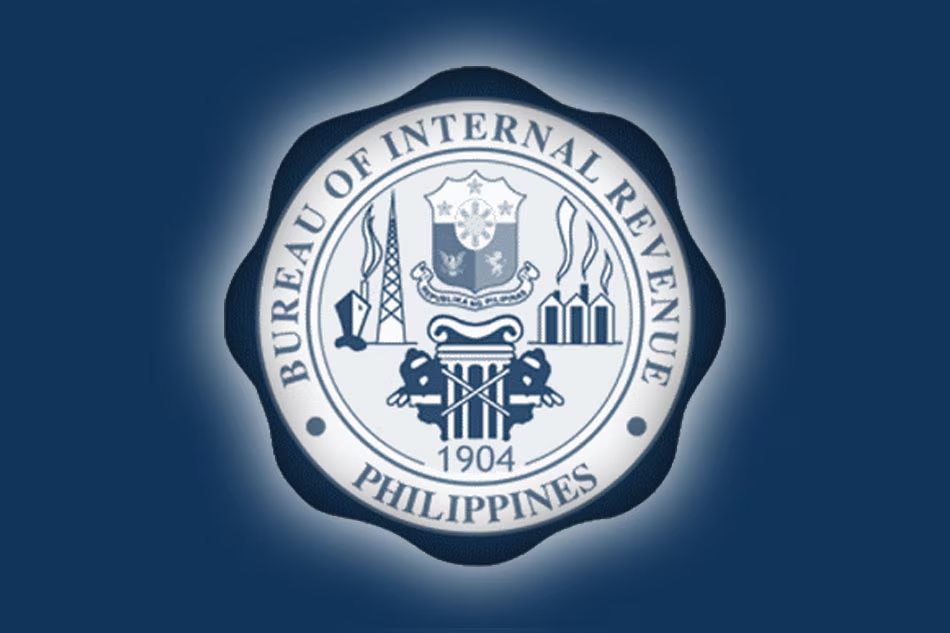Blog > Marketplace News > The Philippine Government Requires Non-resident E-commerce Companies to Register and Pay 12% VAT
The Philippine Government Requires Non-resident E-commerce Companies to Register and Pay 12% VAT
Jayson 10 Jul 2024 12:19ENCopy link & title
The Philippines has officially entered a new era of e-commerce taxation, with lawmakers recently approving a bill requiring foreign digital service providers to register with the Bureau of Internal Revenue (BIR) and impose a 12% value-added tax (VAT) on their digital transactions with Filipino customers.

The move is aimed at promoting market fairness and ensuring that online service providers are on an equal playing field with local counterparts. The bill covers a wide range of digital services, including search engines, online marketplaces, and cloud services, affecting many international e-commerce giants including Amazon.
To ensure a smooth transition, the Bureau of Internal Revenue (BIR) has given relevant companies an additional 90-day compliance grace period, with the final deadline set for July 14, 2024. This means that e-commerce sellers need to complete BIR registration before this deadline to ensure tax compliance, otherwise they may face the risk of service interruption.

This policy adjustment not only strengthens tax supervision, but also prompts e-commerce companies to pay more attention to legal operations in the Philippine market and provide consumers with more reliable services.

The move is aimed at promoting market fairness and ensuring that online service providers are on an equal playing field with local counterparts. The bill covers a wide range of digital services, including search engines, online marketplaces, and cloud services, affecting many international e-commerce giants including Amazon.
To ensure a smooth transition, the Bureau of Internal Revenue (BIR) has given relevant companies an additional 90-day compliance grace period, with the final deadline set for July 14, 2024. This means that e-commerce sellers need to complete BIR registration before this deadline to ensure tax compliance, otherwise they may face the risk of service interruption.

This policy adjustment not only strengthens tax supervision, but also prompts e-commerce companies to pay more attention to legal operations in the Philippine market and provide consumers with more reliable services.

